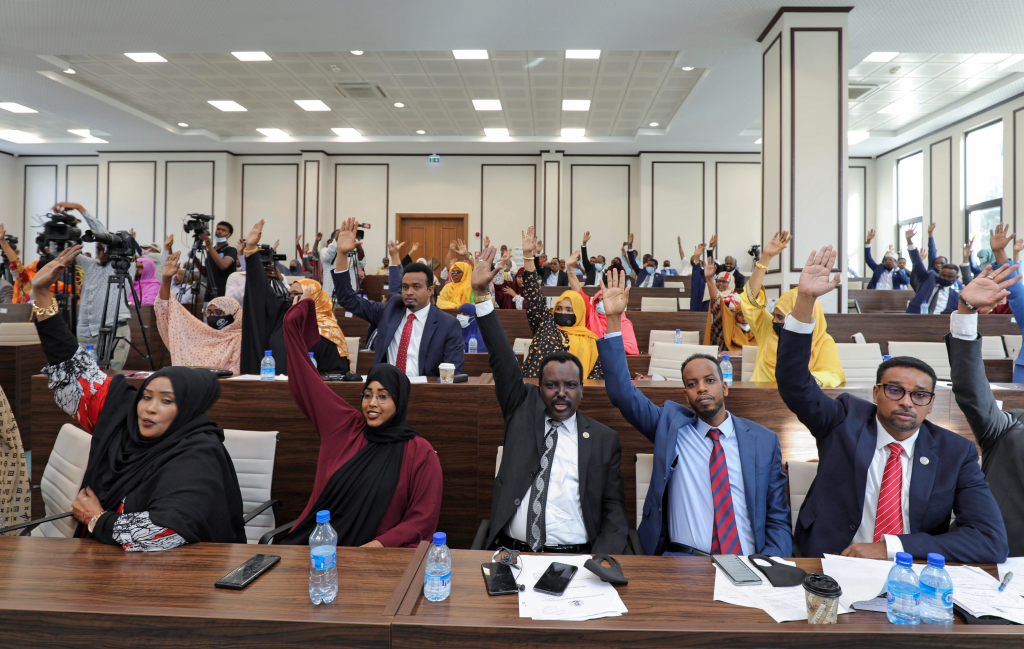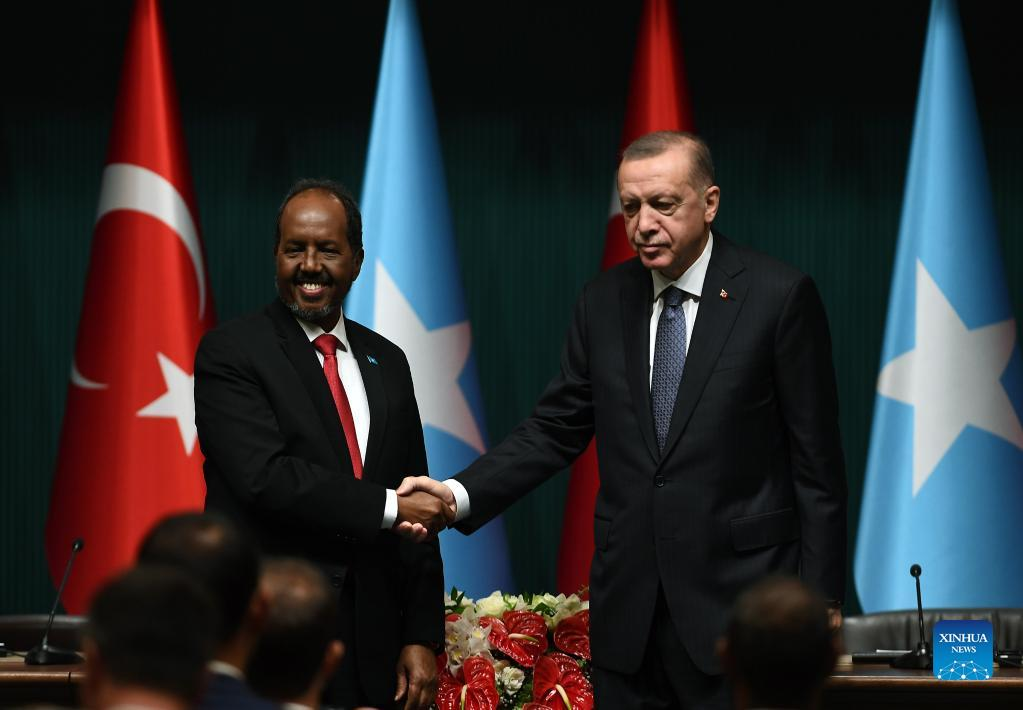- Somalia Poised to Become Africa’s First Space Launch Nation in Historic Partnership with Türkiye
Mogadishu – Somalia is on the brink of making history as the first African nation to launch satellites from its own soil — a remarkable milestone for a country that, just over a decade ago, was emerging from three decades of conflict and rebuilding the foundations of its state.
The ambitious $6-billion partnership with Türkiye comes only 13 years after Somalia formed its federal government, a time when most foreign assistance was directed toward basic security and infrastructure. Today, the focus has shifted toward innovation, science, and global competitiveness.
Along the pristine shores of the Indian Ocean, a world-class spaceport is now under construction, with the first launch planned for late 2025.
“Having a satellite launched from Somalia into space is a monumental achievement that represents far more than a few billion dollars,” President Hassan Sheikh Mohamud said. “This is a giant leap for our economy, our youth, and our place in the world.”
A Strategic Geographic Advantage
Somalia’s position just above the equator gives it one of the most advantageous launch locations on the planet. Rockets launched from equatorial sites enjoy the maximum benefit of Earth’s rotation — approximately 1,670 km/h — reducing fuel requirements and increasing payload capacity.

The planned 30×30 km site sits along mainland Africa’s longest coastline, offering an unobstructed eastward trajectory over the Indian Ocean and consistently clear skies. This ensures safe disposal of rocket stages far from populated areas and ideal conditions for regular launches.
A Win-Win Partnership
For Türkiye, the Somali spaceport supports key objectives outlined in its 10-year space roadmap, including a hard Moon landing by 2028, the development of a national Global Navigation Satellite System, and advanced missile testing capabilities. For Somalia, it brings unprecedented economic opportunities, technology transfer, and a foothold in the high-value aerospace sector.

The agreement includes provisions for training Somali engineers, scientists, and technicians, ensuring local expertise is developed alongside infrastructure. Thousands of jobs are expected to be created in construction, logistics, and STEM fields.
“The long-term strategic benefits of this project far outweigh the immediate financial gain,” President Mohamud emphasized. “It will be a catalyst for innovation, skill development, and new industries that will serve our nation for generations.”
Broad Political Support

Somalia’s parliament has already approved the project, reflecting cross-party recognition of its potential. This marks one of the largest foreign investments in Somalia’s history and signals a new phase in the country’s development — one driven by science, technology, and global integration.
Shaping a New Era
Türkiye’s deepening engagement in Africa has already included humanitarian, economic, and military cooperation. The Somali spaceport takes this partnership to unprecedented heights, both literally and figuratively.
As construction advances at the secure coastal site, optimism is high in both Mogadishu and Ankara. Somalia stands to gain global recognition as a forward-looking, technologically capable nation, while Türkiye secures a rare equatorial launch base.
The countdown has begun — not only to the nation’s first space launch, but to a new era in Somalia’s history, where dreams are not limited to the Earth’s horizon.
BY: The Times Union








